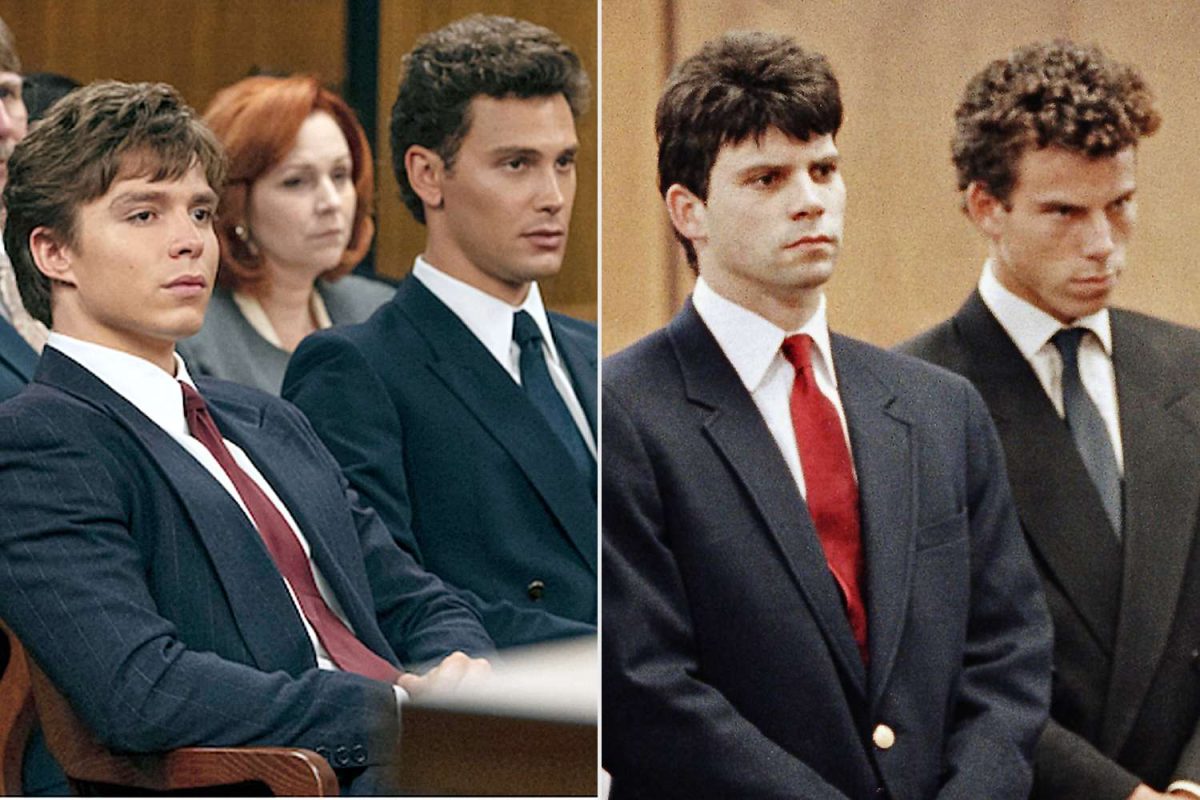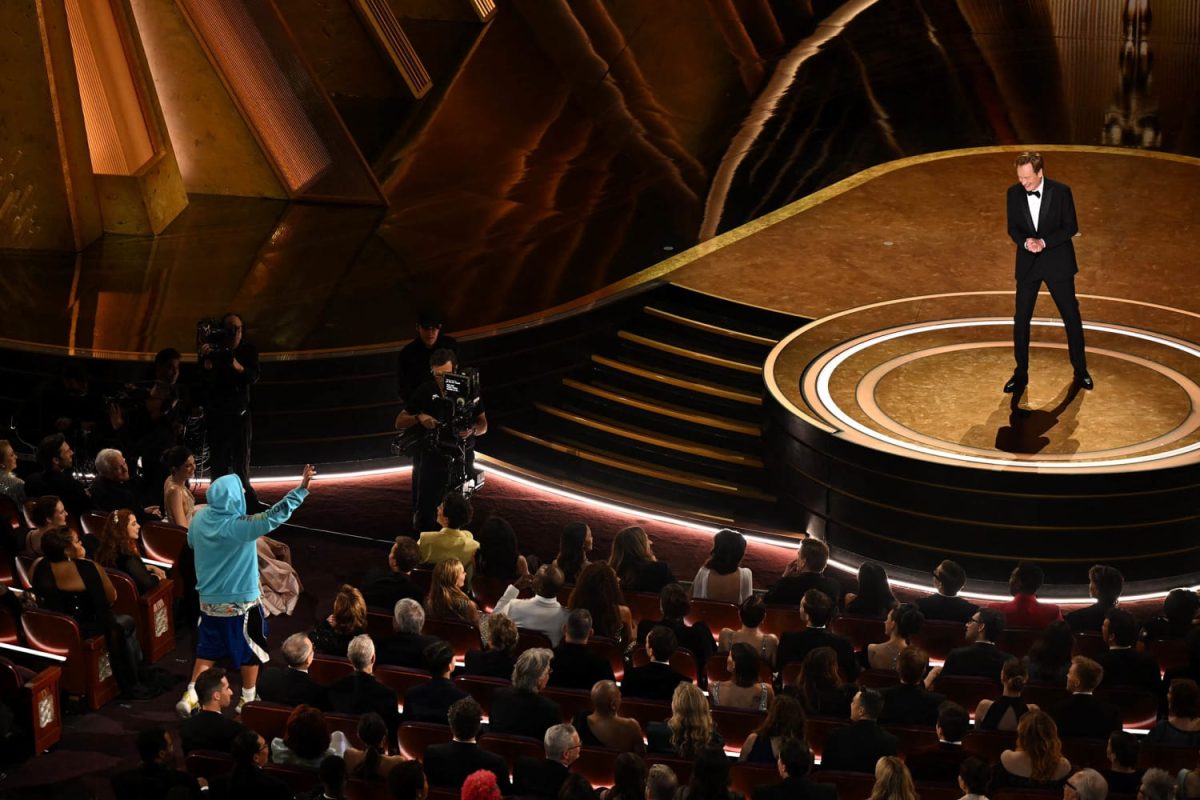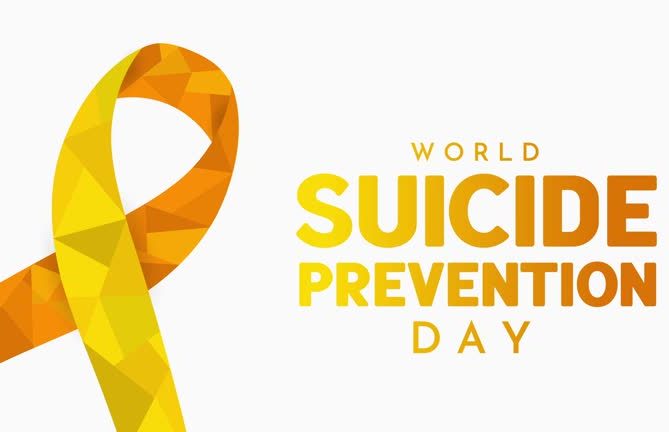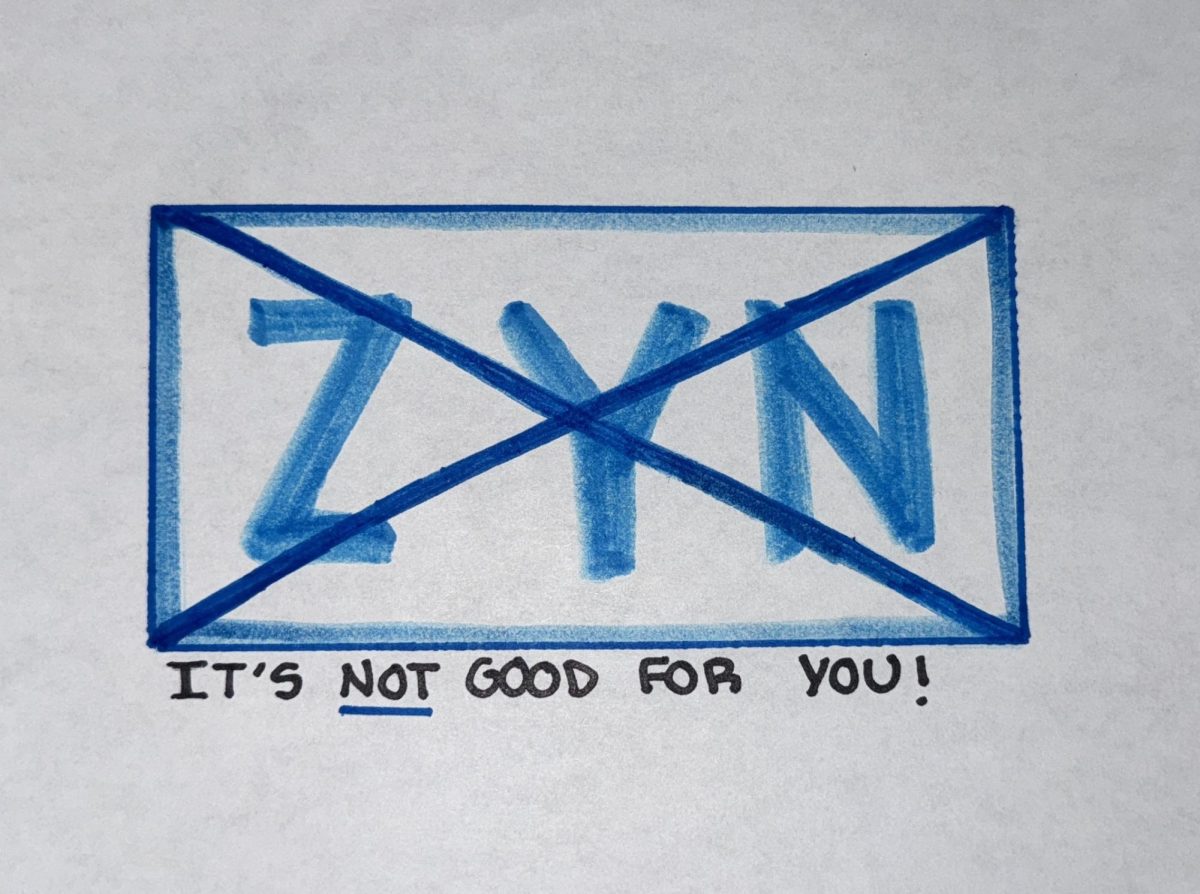Lyle and Erik Menendez’s 1996 conviction for the deaths of their parents, José and Kitty Menendez is still one of the most infamous and controversial court cases in American history. The brothers’ highly publicized trials captured the nation’s attention and have continued to fascinate the public for decades, being put back in the spotlight with the new Netflix Television series, Monsters: The Lyle and Erik Menendez Story, and sparked conversations about potential resentencing.
On August 20, 1989, Lyle and Erik Menendez shot and killed their wealthy parents in their Beverly Hills home. Although they initially avoided detection, Erik eventually confessed to the crime during a session with his therapist, resulting in their arrest in 1990. During the trial, the defense argued that the brothers acted out of self-defense, citing years of abuse at the hands of their father and mother. However, the prosecution presented a picture of cold-blooded murder motivated by a desire for their inheritance. After two trials, both of which resulted in hung juries, the brothers were ultimately convicted of first-degree murder and sentenced to life in prison without the possibility of parole.
The first season of Netflix’s Monsters: The Lyle and Erik Menendez Story stirred controversy, with some criticizing it for potentially glorifying and wrongfully portraying the brothers’ case as well as exploiting the victims’ families for entertainment. However, it also generated widespread discussion about mental health, the justice system, and how these high-profile cases are portrayed in the media. Freshman Sophie Martin watched the show and believed it “wasn’t accurate as far as the evidence proved in the court trials,” though, “the show’s cinematography was amazing and the actors were great.” Social media platforms like TikTok and Instagram have seen a surge in posts supporting the brothers, with many users calling for their release or retrial. Hashtags like #FreeTheMenendezBrothers have gone viral, with supporters arguing that their sentences should be reassessed in light of contemporary understandings of trauma and abuse. While some see this as an attempt to gain rightful justice for the brothers, others argue that it dismisses their crimes.
Looking further into the increased interest on TikTok, thousands of videos on the brothers and the actors who portrayed them, Nicholas Alexander Chavez as Lyle and Cooper Koch as Erik, have emerged. Popular edits have captured the attention of millions of people, namely a video by a user that goes by Aurelius, editing clips of actor Nicholas Alexander Chavez, gaining a growing number of 54.9 million views and 5.6 million likes on that edit alone (guilty of being at least 10 of those views on said edit).
The Menendez brothers may face a resentencing hearing. New claims and testimonies have surfaced, including statements from Roy Rosselló, a former Menudo band member, signed by RCA Records, of which José Menendez was a senior executive. Senior Emmy Lallande states, “I understand they had to be held accountable for the murder of their parents, and they have, but the evidence provided in the older trials as well as the new evidence prove they don’t deserve to be behind bars forever.” Opponents maintain that the brothers were correctly convicted based on the details of the case and that their allegations of abuse do not excuse their parents’ murders. Yet, these charges added substance to the brothers’ claims of mistreatment and brought in debate about whether their original sentences should be reconsidered.
Opinions remain sharply divided on the brothers’ liability and the appropriateness of their convictions. As the possibility of resentencing is considered, the case prompts deeper reflections on how society approaches trauma, justice, and legal accountability. Whether the brothers’ sentences will be reconsidered remains uncertain, but the ongoing public interest ensures that their story will remain a prominent part of America’s true-crime history and future.
For more information on the case: https://www.



















